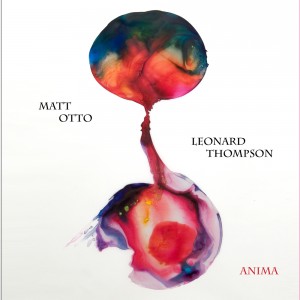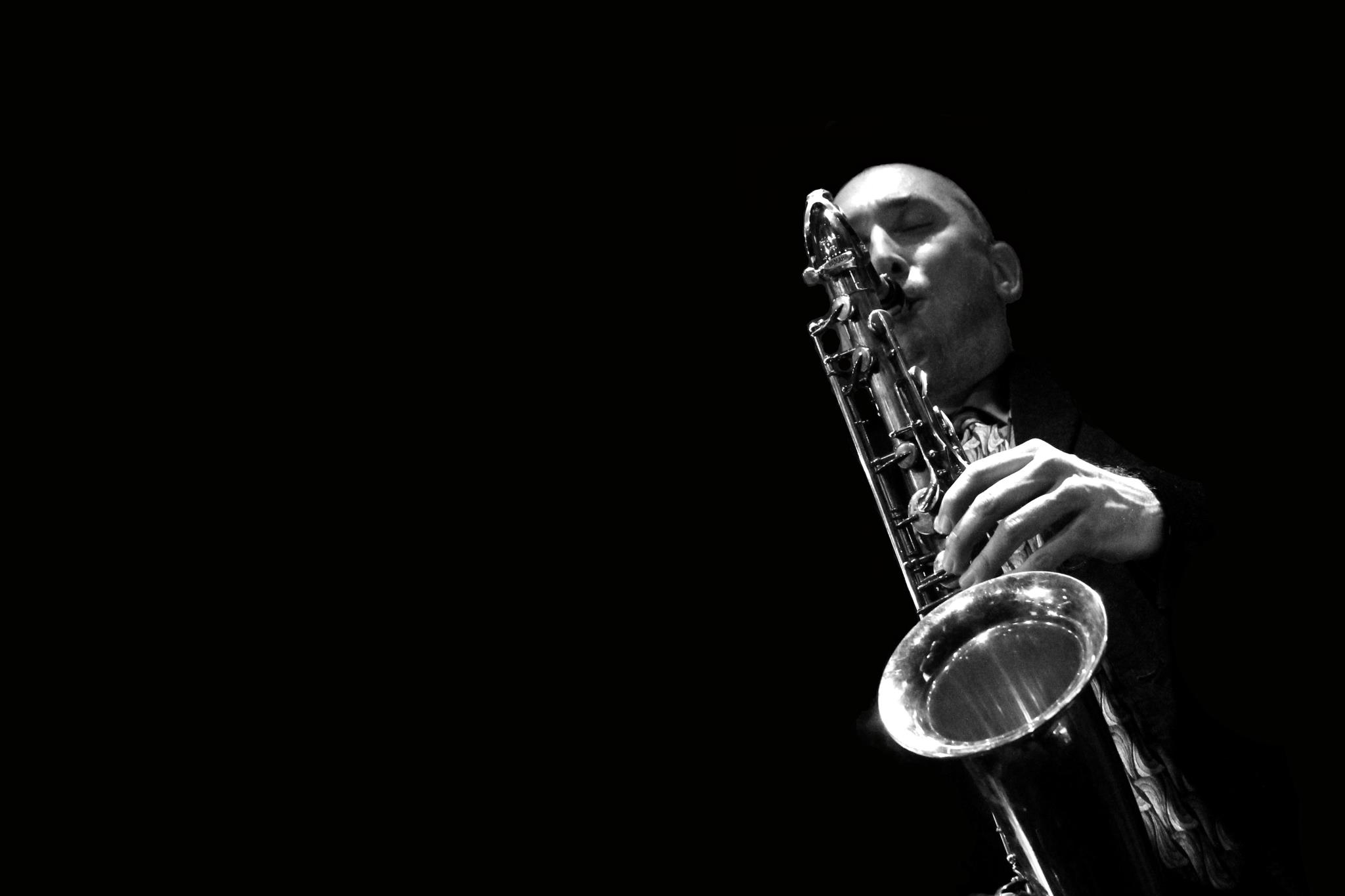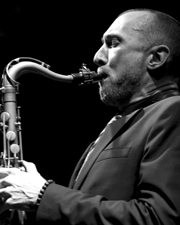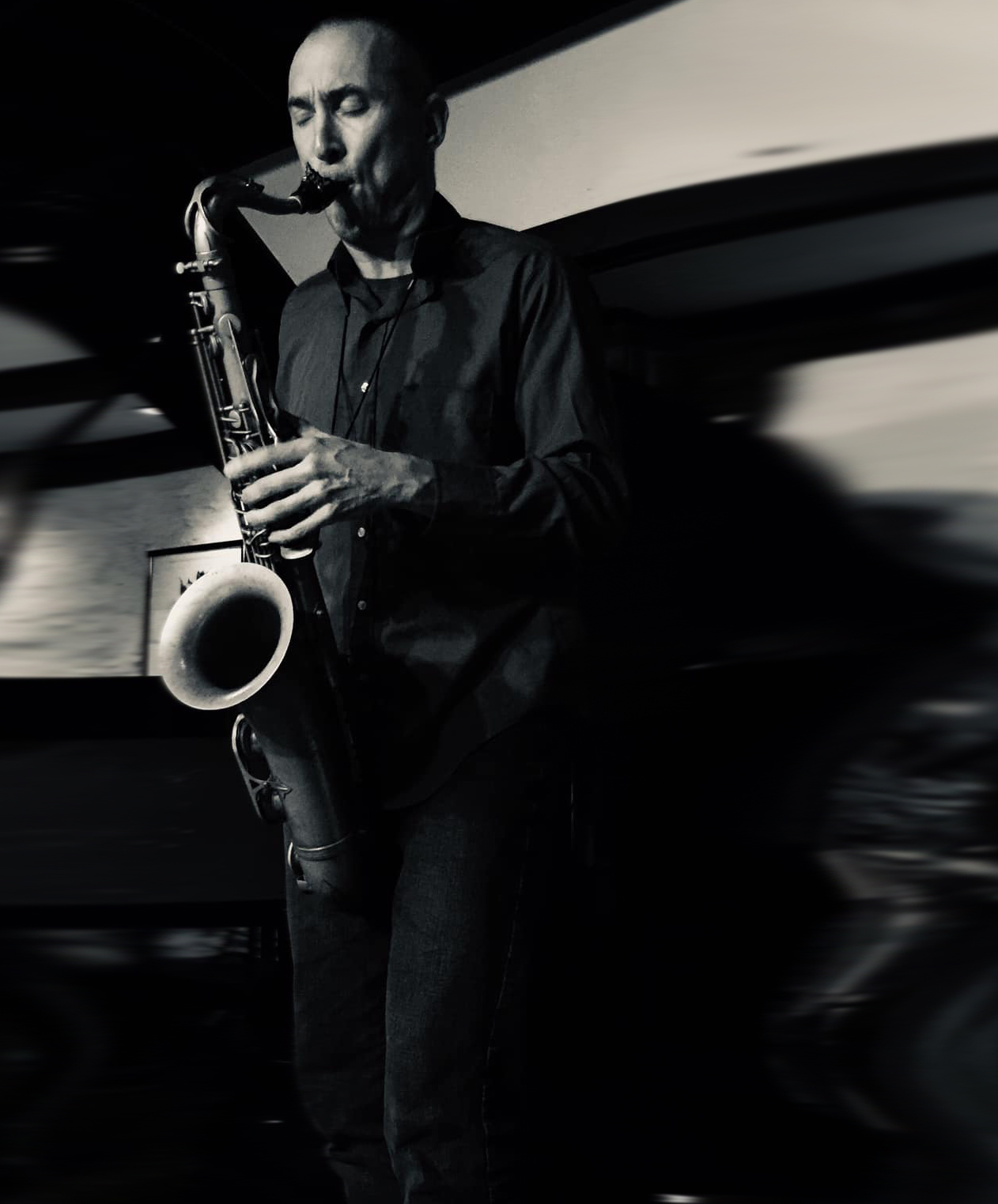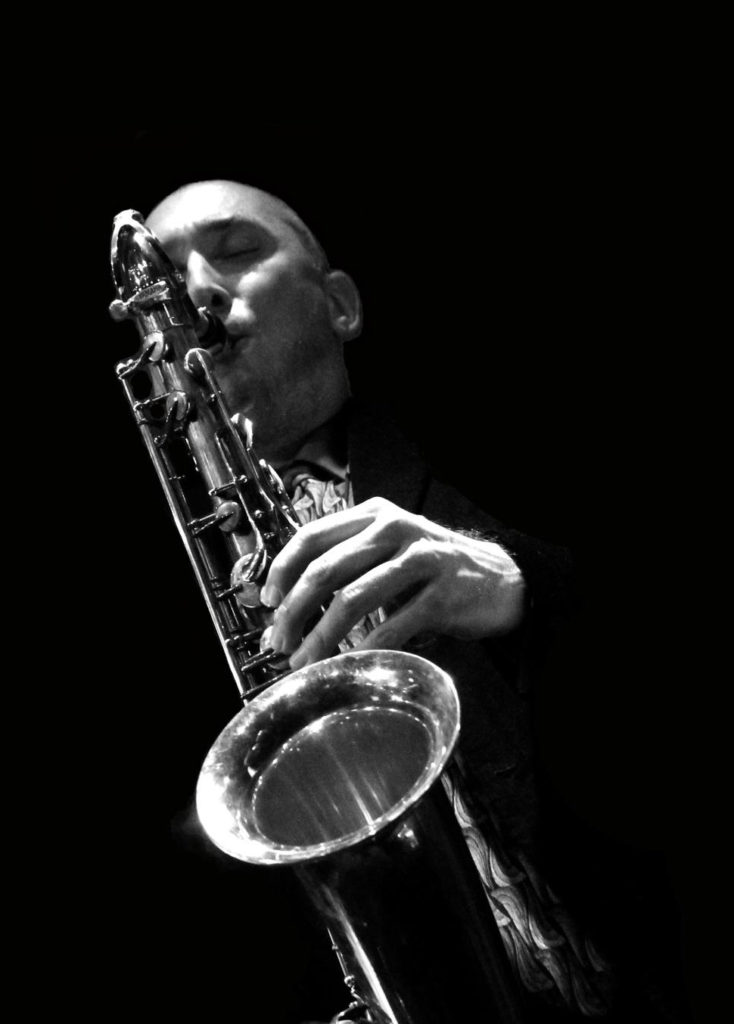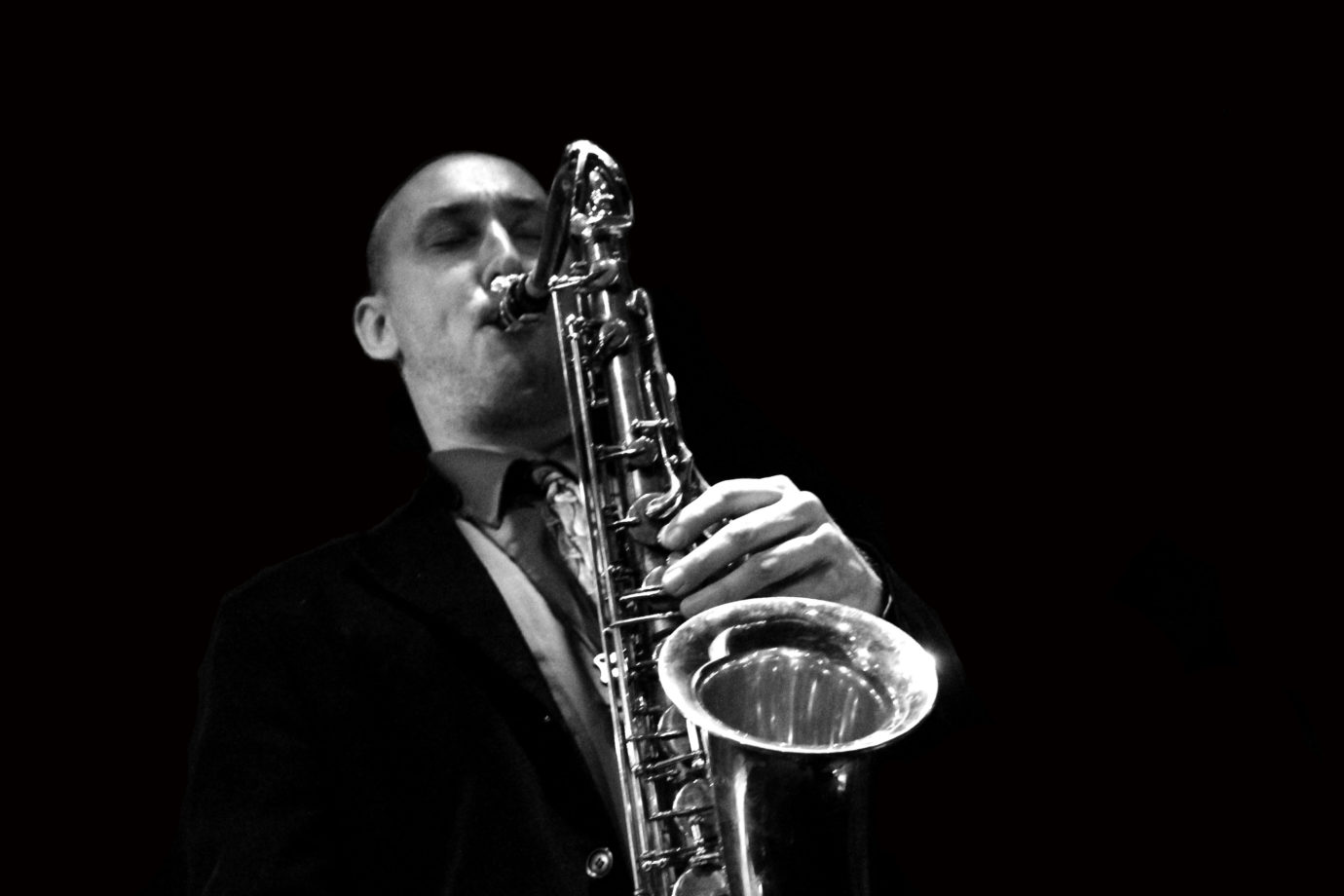This album was a pleasure to record. Pianist Leonard Thompson and I did 6 hours of live takes at a Church in Kansas City with a huge Steinway grand and great acoustics. Playing with Leonard is always a pleasure as he very musical and empathetic, never overplaying or forcing anything. We spent a few months of sonic weeding, picking versions we were both happy with from over 30 takes. This is my first “standards” album, although we didn’t play the heads of the tunes, nearly all the tracks are based on the chord progressions to songs from the great American song book.
.
Album Notes
This recording of saxophone/piano duets presents a natural, free, uncontrived, and largely impromptu musical dialogue between Matt Otto and Leonard Thompson, who have been honing their musical simpatico over the past half decade. Most of the tracks are simultaneous improvisations over harmonic progressions from Great American Songbook and jazz standards, free of their expected melodies. These improvisations, nonetheless, are still rich in melodic content, always showcasing both players’ verve for linear construction and clarity.
Rounding out the recording are 3 tracks of more ostensibly “free” music with no predetermined structure at all, as well as 2 original pre-composed melodies(one penned from each player) with no corresponding improvisations. For all of the freedom of approach that permeates the recording, it is always rhythmically grounded, dynamically balanced, and shows a keen awareness of space and texture.
Matt Otto – tenor sax
Leonard Thompson – piano
Recorded april 10, 2011, at All Souls Unitarian
Church, Kansas City, MO. engineered by Chad
Meise. mixed and mastered by Matt Otto.
Cover art “twin 1” by Malaika Zweig
Review:
Jazz Society of Oregon
CD Reviews – December 2012
by Tim Willcox
Anima, Matt Otto, saxophone, and Leonard Thompson,
piano.
This excellent duo outing by two of modern jazz’s unsung masters showcases the symbiosis that can grow from a prolonged musical relationship. Saxophonist Otto of Kansas City, and pianist Thompson of NYC, find themselves exchanging and crafting stories over the changes to standards from the American Songbook. Flanked by a few completely improvised tracks as well as an original apiece from each musician, Anima is one of those rare albums where the music is performed in such a democratic matter, it’s impossible to pinpoint who the leader of the date was. We come away with the impression that the only thing leading this recording was the music itself.
There’s an intimacy in sound achieved partly through the virtual absence of reverb on this recording. Recorded in mid-2001 at a church in Kansas City, one feels that they may be tucked away in between the piano and saxophone in somebody’s living room. There’s a warm dryness that prevails throughout the session, a reminder to us that – when it comes down to it – no amount of flashy studio gear can truly change the quality of the music as it’s going into the microphone.
Both Otto and Thompson draw from a significant palate of sound and texture. Otto’s control over the saxophone, both in terms of timbre and technique, is truly remarkable. Able to color his tone with the most subtle and minute adjustments of sound and volume, the listener feels as if they are watching a great master painter add tiny bits of color to a blank canvas. Otto lets them blend together as they dry and crack into a thing of pure beauty. Thompson at times has a pointillistic approach to the piano, evoking images of both Monk and Chick Corea. At other times, he plays in a vein reminiscent of Bill Evans’s “The Solo Sessions.” On this recording, he avoids playing block chords and using classic piano accompaniment tactics, instead picking apart the harmony and playing singular lines against, within, and on top of Otto’s voice. The result is a openness which pervades the entirety of “Anima.” The two musicians are never competing for sonic space, instead giving each other enough room in which to coexist.
Otto’s virtuosity is especially apparent on the opening track, a slower-than-slow rubato take on the changes to the great ballad “Body and Soul,” in which he lays out the history of the saxophone from Coleman Hawkins to John Coltrane to Mark Turner and beyond. “Ground Bloom,” for instance, is a sort of bluesy, funky-free abstract piece which showcases his mastery of extended saxophone techniques. The track reminds me of Joe Henderson’s use of multiphonics and overtones, as well as the bird-like flutters and swoops of sound one associates with Dewey Redman, Sam Rivers, Ornette Coleman and the modern master, Joe Lovano. Another aspect of both Otto’s as well as Thompson’s playing is their thoroughly impressive control over dynamic shading.
Using, as a framework in which to craft their conversations, the harmony from tunes like Benny Golson’s “Stablemates,” Monk’s “Let’s Cool One” and Ellington’s “Prelude to a Kiss,” among other classics, Otto and Thompson often remind the listener of Lee Konitz and Warne Marsh in the way they craft collaborative “solos.” At most points during this album, it’s impossible to tell who is soloing and who is not. The musician’s ego gets lost.
There are a few tracks which act as vehicles for Otto’s unaccompanied saxophone, once again showcasing his mastery of sound, harmony, and melody. Thompson also has moments to shine on his own, though he is mostly content being the other half of this puzzle. The clarity of ideas and communication between Otto and Thompson, coupled with a sense of discovery and impeccable rhythmic timing, further enhance the quality. This is some of the most sensitively music this reviewer has heard in a long time. Jazz fans, musician and non-musician alike will find “Anima” alluring, mysterious, and worthy of countless plays.
To support mattotto.org please visit the store: https://mattotto.e-junkie.com/

